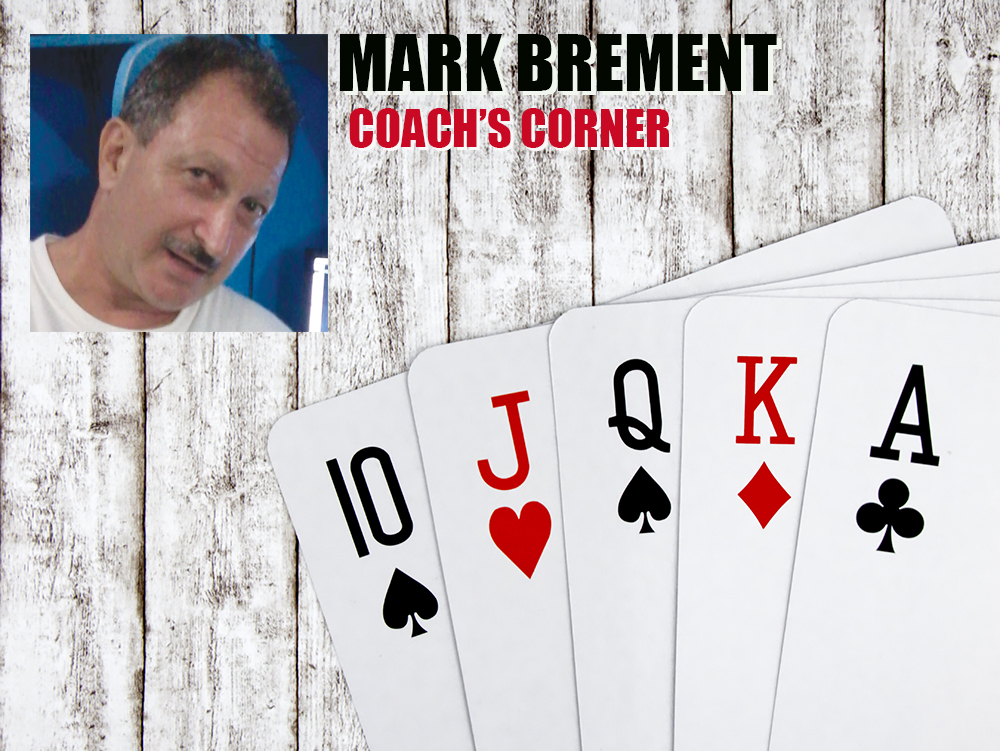As poker players, we are inclined to self-correct, to continually make adjustments to our game. With that said, I have some ideas on how to break bad habits that can lead to substantial swings on how much we win.
There’s no perfect time to quit playing. Every session is going to have a high point and a low point. Sometimes we rebuy and make a nice comeback and sometimes the opposite occurs; we lose double.
It’s natural to look back in time and say “I knew it” or “I should have” and here’s the thing: Have a plan and stick to it.
What would this look like? Your plan would include a start time and a quit time, including a stop loss. Also there are details that suit the area of your game that you’re improving.
Player-profiling should be a big part of your plan. When you play in a live venue, how much energy do you put into this arduous task. Of course you’re observing opponents’ play and what they show down, but how much are you missing? I promise you’re missing much more than you think.
One idea is to play the first round super-tight. Make it your mission to know the players. Play mental games in predicting what they will show down. Don’t be the on-the-phone player or the watching-the-game-on-TV player. When you muck, this is when the job starts. Take your game to the next level.
Be prepared to play. Embrace that poker is a brain game, a game of skill. Have a checklist to make sure all of your little errands are behind you to ensure you bring maximum focus to the table.
Often, we think we are playing our “A” game and don’t realize we’re a bit off the mark. Avoid big meals before and during play. Also, watch what you eat beforehand. I hope exercise is on that checklist.
Players who take the time and energy to prepare off the table have better win rates than those who do not. Poker is a game of intangibles. I have many ideas on developing a poker plan and no two players are the same.
You now have a plan for 2020 and beyond, so reap the rewards.
— Mark Brement has spent 15 years teaching and coaching all facets of poker, including at Pima CC. Email him at brementmark@gmail.com.



